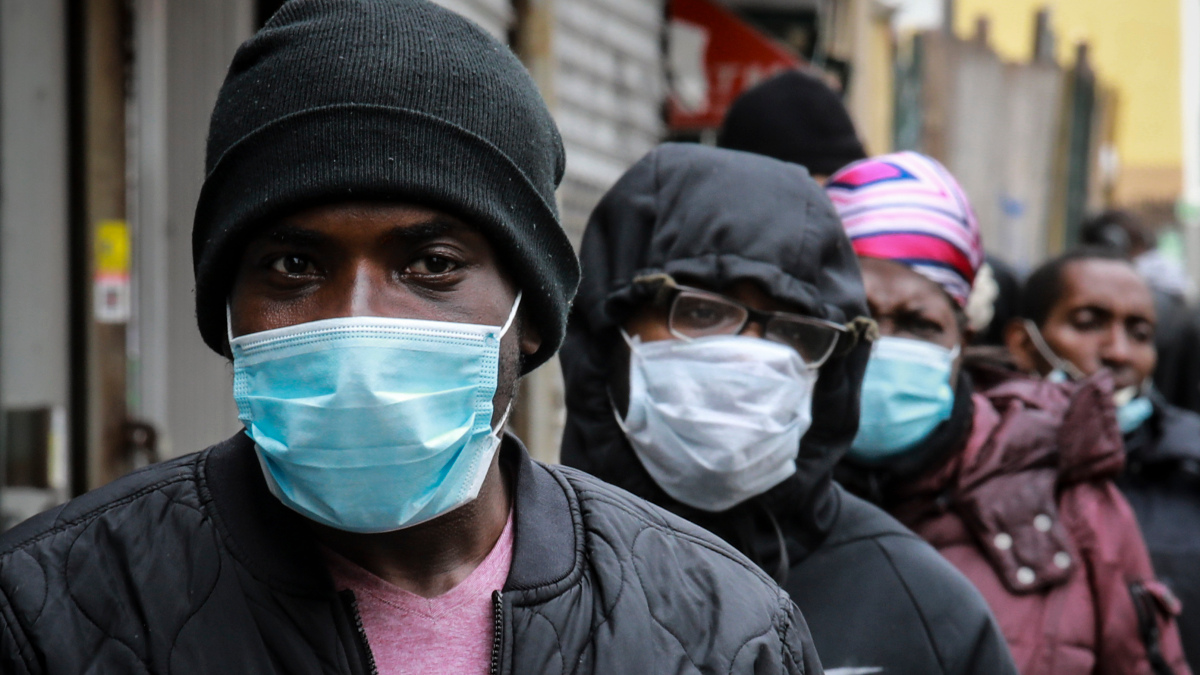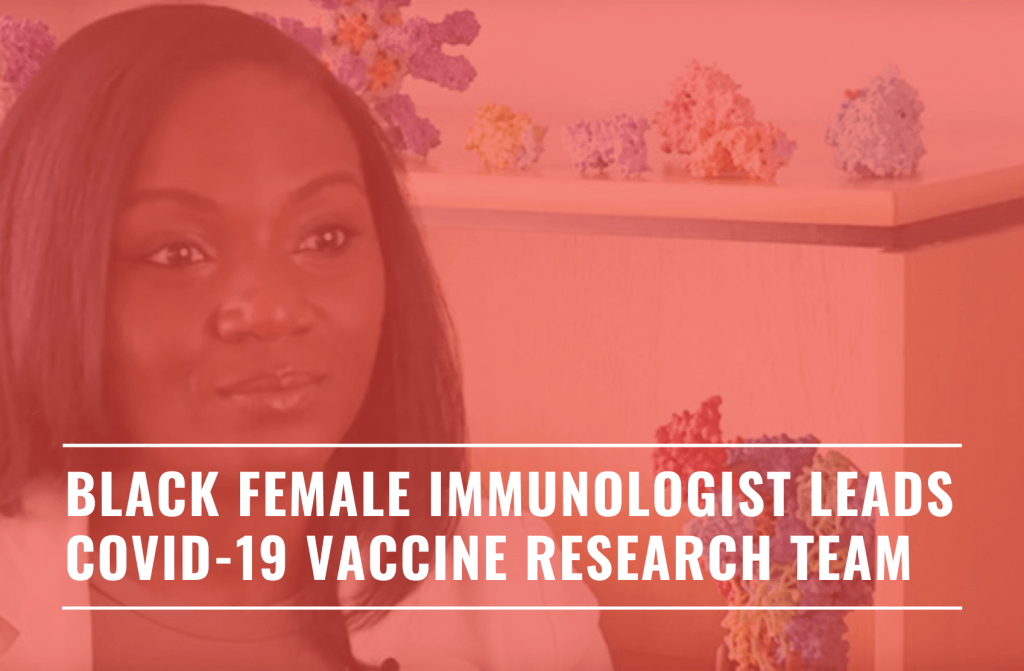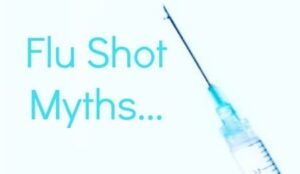Introduction
This Straight, No Chaser looks at the African American community and the upcoming COVID-19 vaccine.

Indeed, the African American community specifically has decisions to make as we approach the possibility of a vaccine for Covid-19 being available. Here’s the thing. This community continues to be disproportionately affected by COVID-19 for reasons that have been previously discussed in this blog. As such, there is a significant amount of righteous angst about the social determinants of health and the institutional racism that play into why this has become yet another healthcare disparity.
However, the issues about the upcoming COVID-19 vaccine point to another issue begging to be addressed. I’ll support anyone who analyzes data and recommendations and after doing so, makes an educated decision not to accept the immunization. However, you can not think it’s rational to reject a potential lifeboat out of hand before even seeing the data. We fear the unknown and mock what we don’t understand. However, this is still America. We can still perform great feats in the face of crisis.
Are We Governed By Fear or By Facts?
More importantly, think about what’s being said here.
- The Black community is being overrepresented by Covid-19 cases and deaths.
- The upcoming COVID-19 vaccine is the single most important component of the solution for all populations to avoid cases and deaths.
- However, many of you are saying there are no circumstances for which you’ll take the vaccine.
So if you opt out, will you still complain about the health care disparities confronting our community on this issue? Also, how and when do our lesser choices become our failures of responsibilities? I understand distrust of the government. I’ve lectured on the Tuskegee experiments and healthcare disparities for years. Additionally, I’ve counseled and disciplined physicians discriminating against patients. That should not be our primary concern at this moment.
Furthermore, I also understand that education and empowerment are the way out, not over-reliance on the government.
Let’s Wait and Not Hurry Up

How about this: can we reserve judgement until we at least see the data and hear the recommendations from the CDC, WHO, the American Public Health Association and the American Medical Association? Would the views of the National Medical Association, our oldest, largest and most esteemed organization of Black physicians move you? How about if Dr. Kizzmekia S. Corbett (pictured above) and her team develops or supports the vaccine?
Remember this: there’s shared sacrifice required here. An effective vaccine requires about 70% of the population to take it to sufficiently create herd immunity. More importantly, as long as herd immunity doesn’t exist, it is the African American community that will be most severely and disproportionately affected by the ravages of COVID-19.
Choices have consequences. Let’s choose wisely.
Need Personal Protective Equipment (PPE)?
Are you a first responder? Does your job make you one of the first exposed? Courtesy of SI Medical Supply, you have an option to provide masks, gloves, hand sanitizer, disinfectant wipes and no-touch thermometers for your family and loved ones. Importantly, getting these product does not deplete the supply needed by first responders and medical personnel. Orders are now being filled (without shipping delays!) at www.jeffreysterlingmd.com or 844-724-7754. Get yours now. Supplies are limited.

















